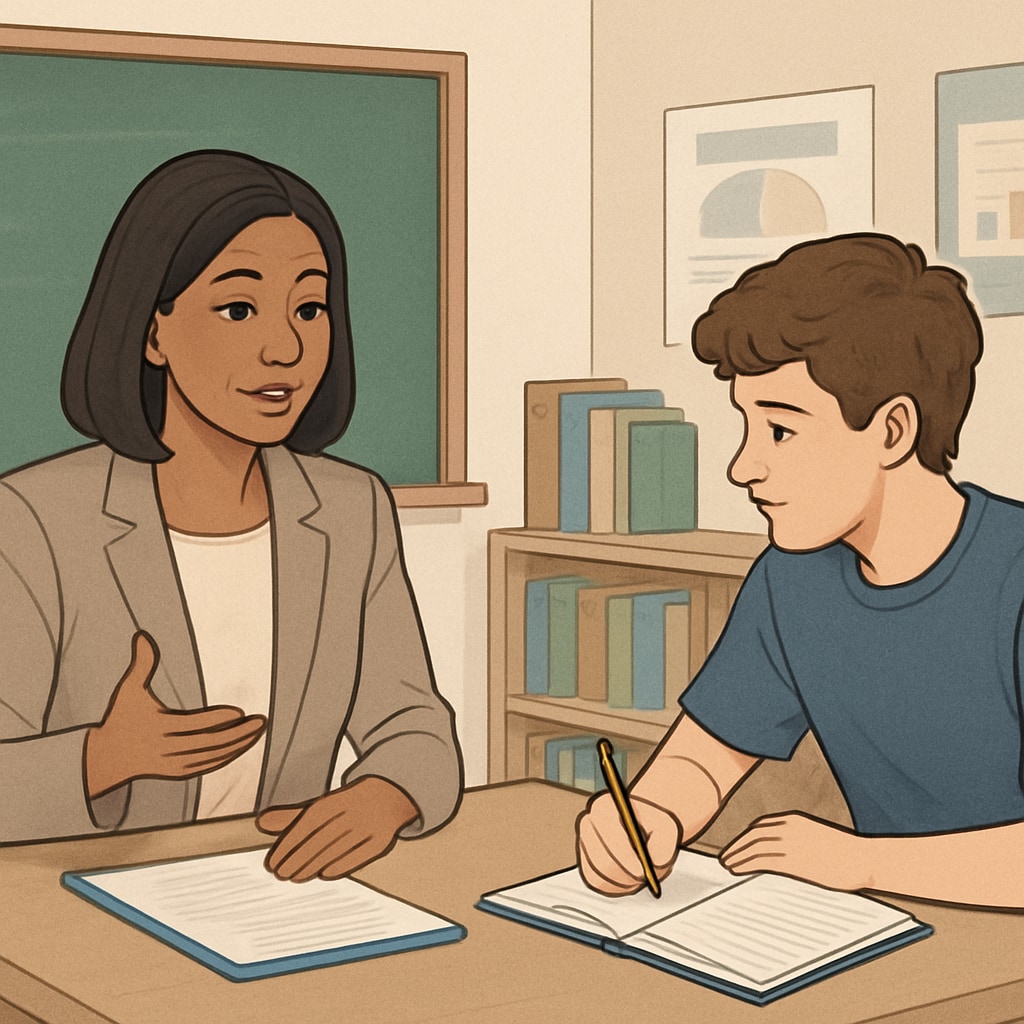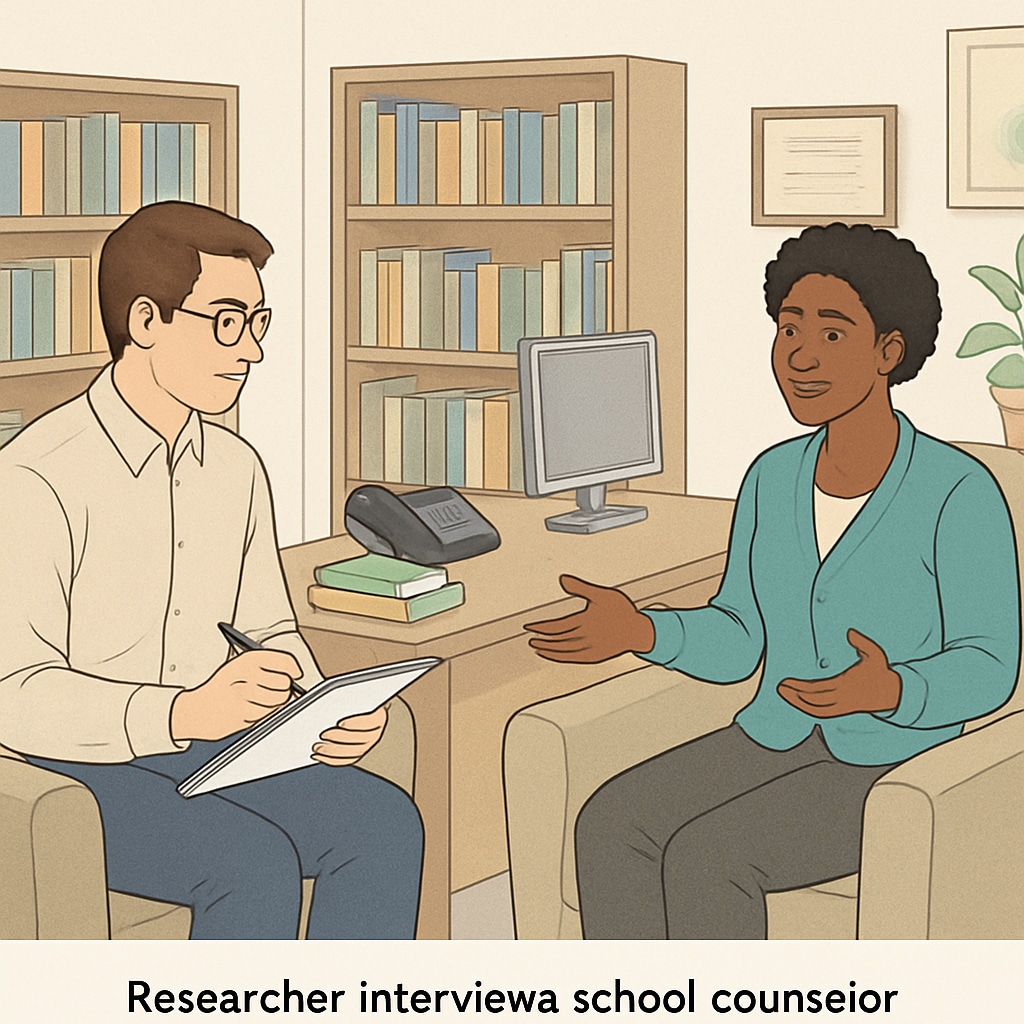For graduate students tackling research assignments, finding and interviewing K12 school counselors is an essential step to understanding the dynamics of school-based mental health support. This article will guide you through the process, from identifying the right contacts to conducting professional interviews, ensuring your research project is both meaningful and well-executed.
Understanding the Role of K12 School Counselors
Before reaching out, it’s crucial to understand the key responsibilities of K12 school counselors. These professionals specialize in academic guidance, emotional well-being, and career readiness for students from kindergarten through grade 12. By grasping their diverse roles, you can better tailor your questions to uncover actionable insights for your research.
School counselors play a pivotal role in addressing issues like bullying, mental health, and academic struggles. Recognizing their importance will also help you approach them with the respect their work deserves.

How to Locate K12 School Counselors for Your Research
Finding the right person to interview can be challenging, but several strategies can simplify this process. Here are some effective ways to identify and connect with potential interviewees:
- School Websites: Most schools list their counseling staff on their official websites, along with their contact information.
- Professional Networks: Platforms like LinkedIn can help you connect with education professionals, including school counselors.
- Local Education Departments: Reach out to your area’s education office for a directory of nearby schools and their staff.
- Referrals: If you know teachers, parents, or administrators, ask for recommendations.
Remember to research the school and the counselor’s background in advance to ensure your outreach is targeted and relevant.
Best Practices for Contacting K12 School Counselors
Once you’ve identified potential interviewees, the next step is reaching out. Here are some communication tips to improve your chances of success:
- Craft a Polite Email: Introduce yourself, explain your research purpose, and describe how their insights can contribute to your work.
- Be Clear and Concise: Provide specific details, such as the expected duration of the interview and the format (e.g., in-person, phone, or video).
- Highlight Mutual Benefits: Mention how your research might help improve educational practices or contribute to their field.
- Follow Up: If you don’t hear back within a week, send a polite reminder email.
Maintain professionalism throughout your communication, as first impressions are crucial.
Conducting Effective Interviews with School Counselors
Preparation is key to conducting a fruitful interview. Here are some steps to ensure success:
- Prepare Your Questions: Structure your questions to cover key topics such as counseling challenges, student needs, and systemic improvements.
- Use Open-Ended Questions: Encourage detailed responses by asking questions like, “What strategies have you found most effective in supporting students with mental health challenges?”
- Record the Interview: With permission, use a recording device to capture the conversation, allowing you to focus fully on the discussion.
- Respect Their Time: Stick to the agreed duration and express gratitude for their insights.
By adopting these practices, you’ll gather valuable data while fostering a positive relationship with your interviewee.

Leveraging Your Findings for Academic Success
After the interview, take time to analyze the insights and align them with your research objectives. Highlight key themes and compare them with existing literature to provide a comprehensive perspective. Additionally, acknowledge the counselor’s contribution in your final report or presentation.
For further reading on the impact of school counseling, visit school counseling on Britannica or explore school counselor on Wikipedia.
In conclusion, finding and interviewing K12 school counselors can be a rewarding experience that enhances your understanding of educational systems. By following the tips outlined in this guide, you’ll not only complete your graduate research successfully but also contribute to improving student support systems.


